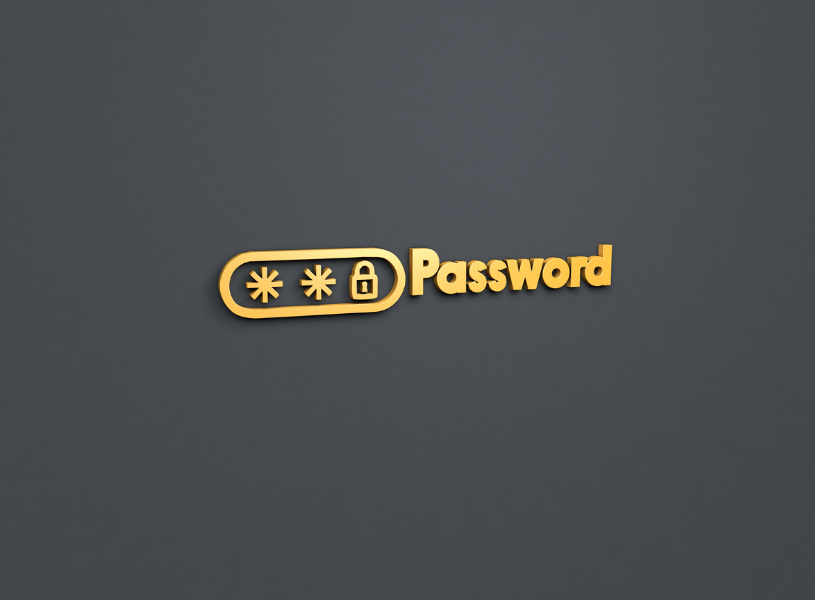In today’s digital age, managing digital assets after death has become an essential part of estate planning. At Rowley Funerals, we encourage families to consider digital inheritance, ensuring that online accounts and assets are handled according to their wishes.
Creating a Digital Inventory is a critical first step. List all online accounts, from social media profiles to cloud storage and online banking. Ensure that usernames, passwords, and any two-factor authentication details are documented to help your executor manage these accounts effectively. By maintaining a comprehensive digital inventory, you make it easier for your loved ones to manage, close, or memorialise accounts after your passing.
Appointing a Digital Executor is equally important. Much like an executor for your will, a digital executor will be responsible for managing your digital assets. They will follow your instructions regarding which accounts to close and which to memorialise, ensuring your online presence is managed with care.
Many social media platforms, such as Facebook, Instagram, and Google, now offer legacy options where you can designate a contact to manage your account after death. Facebook, for instance, allows users to assign a legacy contact to memorialise the account and manage tributes. This step helps loved ones manage your social media presence, ensuring it reflects your wishes.
Further information can be found below:
Google: Plan your digital afterlife with Inactive Account Manager
Facebook: What happens to your Facebook account if you pass way
Instagram: Memorialise an Instagram account
Managing Financial and Subscription Accounts is another practical consideration. Online banking accounts, services like PayPal, and subscription services such as Netflix and Spotify may continue to charge fees if left unmanaged. By providing access to these accounts, your digital executor can efficiently cancel or transfer ownership, preventing unnecessary costs.
It’s also important to leave Clear Instructions for Personal Data, such as cloud-stored documents, photos, or other sensitive information. You may want to preserve certain files while ensuring others are deleted for privacy. Providing these instructions ensures that your digital legacy aligns with your wishes.
If you have digital assets related to a business, such as websites or intellectual property, you’ll also need to include Closing or Transferring Business Assets in your plan. Whether you choose to continue your business or close it, ensure your executor has access to login details and knows how to manage or transfer ownership.
Security and privacy are paramount when managing digital inheritance. Use of a Password Manager can help you securely store passwords and other sensitive information, ensuring they are safely passed to your executor without compromising your privacy. Additionally, encrypting files or securing sensitive data can help prevent identity theft and protect your personal information.
Finally, it’s important to discuss your digital inheritance plan with a legal professional. Many now recommend incorporating digital inheritance into a formal estate plan to ensure your digital assets are protected under the law. This ensures your digital legacy is handled properly, with the same care as your physical estate.
Conclusion
Managing your online presence after death is as important as handling physical assets. By creating a digital inventory, appointing a digital executor, and taking advantage of legacy features on social media, you ensure that your digital assets are managed according to your wishes. For more information on funeral pre-planning, please click here.
